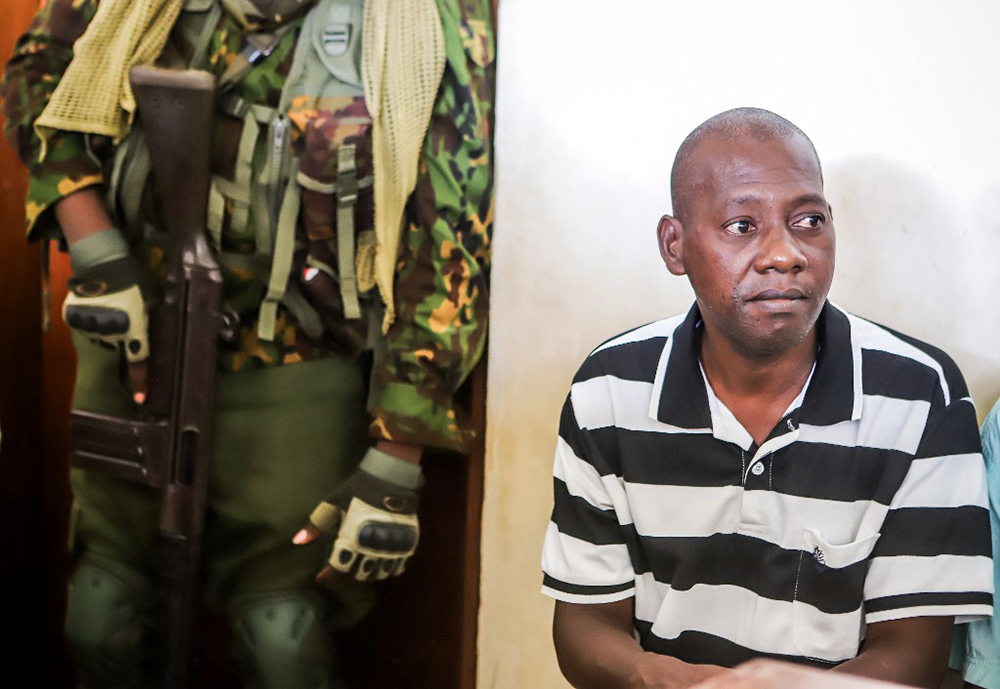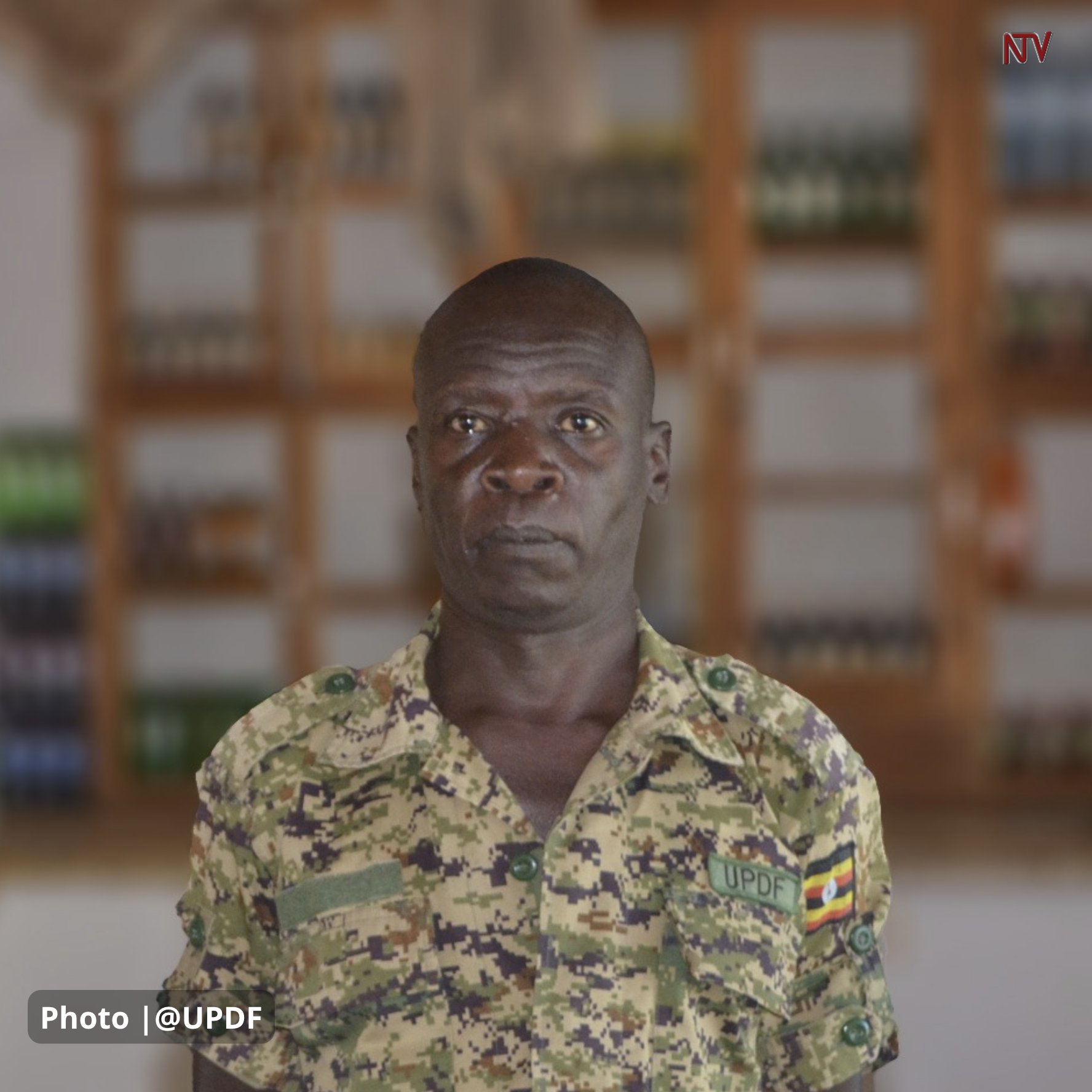The government has announced its decision not to pursue an appeal against a recent court ruling that invalidated certain sections of the anti-homosexuality law. Mr. Kiryowa Kiwanuka, the Attorney General, stated that although they have 14 days to decide, they presently have no plans to contest the judgment. He emphasized the need to carefully review the ruling before making any further decisions.
Last week, a panel of five justices, led by Deputy Chief Justice Richard Buteera, issued a unanimous decision, largely affirming the anti-homosexuality law as consistent with the country’s values and constitution. Notably, the provision concerning aggravated homosexuality, punishable by death, remained untouched, sparking immediate criticism.
However, the court struck down several sections of the law, including those criminalizing the letting of premises for homosexual activities, failure to report homosexuality to the authorities, and engaging in acts leading to the contraction of terminal illness by another person. The judges deemed these sections as infringing upon fundamental rights such as health, privacy, and freedom of religion.
In response to the ruling, Deputy Speaker of Parliament Thomas Tayebwa expressed satisfaction with the court’s decision, affirming that Parliament had fulfilled its duty in enacting the law. While acknowledging the nullification of certain clauses, Tayebwa suggested that the Attorney General explore the possibility of reinstating them.
Meanwhile, the petitioners who challenged the law’s constitutionality have indicated their intention to appeal the court’s decision. Among the grounds for their challenge were allegations of bias against Speaker Anita Among and insufficient public consultation before enacting the law. However, as of the latest update, they had yet to formally submit their appeal to the Supreme Court.
The genesis of the anti-homosexuality law traces back to Bugiri Municipality MP Asumani Basalirwa’s tabling of the bill, following public outcry over reports of same-sex activities involving school-going children. President Museveni signed the bill into law on May 26 of the previous year, triggering both domestic controversy and international backlash, with some countries and donors suspending aid to Uganda.




















